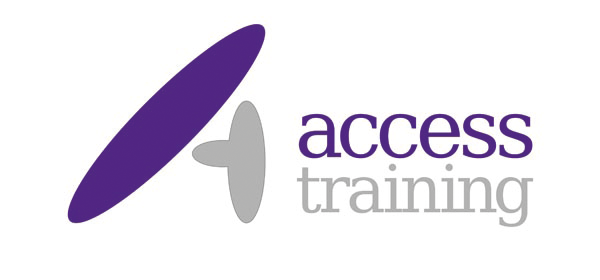About the Course
The EC-Council’s Certified Ethical Hacker (CEH v13) training programme will enhance your knowledge of essential security fundamentals, powered by the latest AI capabilities. Certified Ethical Hacker (CEH v13) certification is one of the most in-demand cybersecurity qualifications globally. This internationally recognised course validates your ability to discover weaknesses in an organisation’s network infrastructure, leverage AI for automating threat detection, and effectively combat sophisticated cyber-attacks.
The C|EH v13 programme is a specialised, comprehensive training programme that combines ethical hacking with AI-powered tools and hands-on experience. It includes labs, assessments, a mock engagement, and a global hacking competition, designed to equip you with real-world skills.
As cyber threats continuously evolve, organisations worldwide need cybersecurity professionals who can anticipate and prevent AI-driven threats. The Certified Ethical Hacker (C|EH v13) programme is respected globally for its forward-thinking curriculum, which includes AI integration, advanced hacking tools, and techniques to address modern security challenges.
Key updates in the CEH v13 programme include AI-driven reconnaissance, automated threat detection, predictive breach analysis, and securing AI systems. This new version will prepare you to stay ahead in cybersecurity, leveraging AI skills alongside ethical hacking techniques.
This edition of the EC-Council Certified Ethical Hacker includes:
- CEHv13 e-book
- CEHv13 official videos
- 6 months access to CEHv13 ilabs
- CEHv13 exam voucher
This certification is a DoD Approved 8570 Baseline Certification and meets DoD 8140/8570 training requirements, while also aligning with global standards such as ANAB ISO 17024 and NICE 2.0.
Audience Profile
- Information Security Analyst / Administrator
- Information Assurance (IA) Security Officer
- Information Security Manager / Specialist
- Information Systems Security Engineer / Manager
- Information Security Professionals / Officers
- Information Security / IT Auditors
- Risk / Threat / Vulnerability Analyst
- System Administrators
- Network Administrators and Engineers
Prerequisites
Basic understanding of network essentials, core concepts, and familiarity with server and network components. AI skills are not a prerequisite but will be developed during the course.


